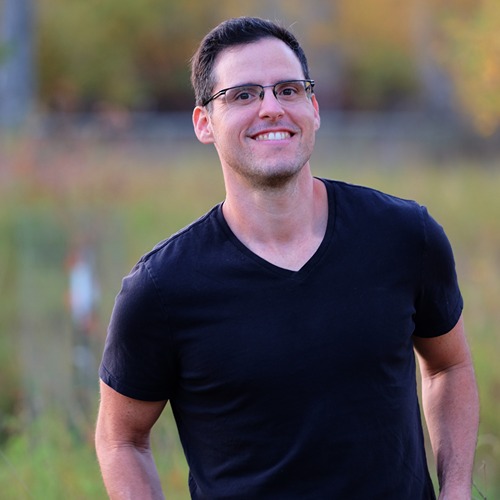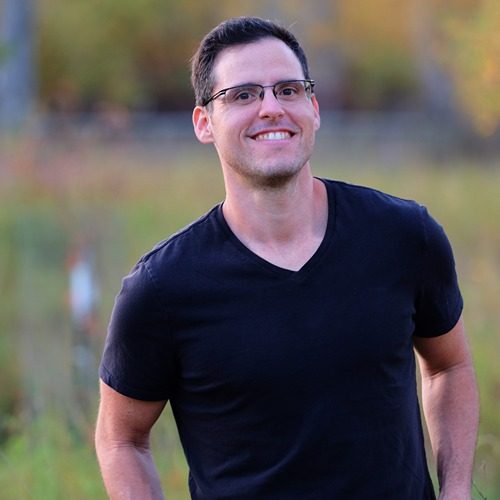Adam is an Insulin Resistance, Disease Reversal, Weight Loss, and Food Addiction expert with amazing personal experiences to share. He has worked with some of the most respected programs and companies in the health and wellness world. He served as a lead insulin resistance and food addiction coach for Mastering Diabetes using plant-based nutrition and as a clinical health coach for Whole Foods Market’s Global Wellness Center at the company headquarters. Adam is an international speaker for the health and wellness movement and addiction recovery movement and has presented at some of the biggest health and wellness events. Adam has worked in mental health recovery centers using nutrition as a tool for strengthening recovery and relapse prevention. He is also the founder of the non-profit, Plant-Based for Positive Change that is dedicated to advancing the research of diet and mental health / addiction and has completed the very first research study to investigate the effects of a nutrient dense dietary intervention on early addiction recovery outcomes. He firmly believes that the simplest change on your fork makes the most profound change of your life and that self-love is the root of all recovery.

